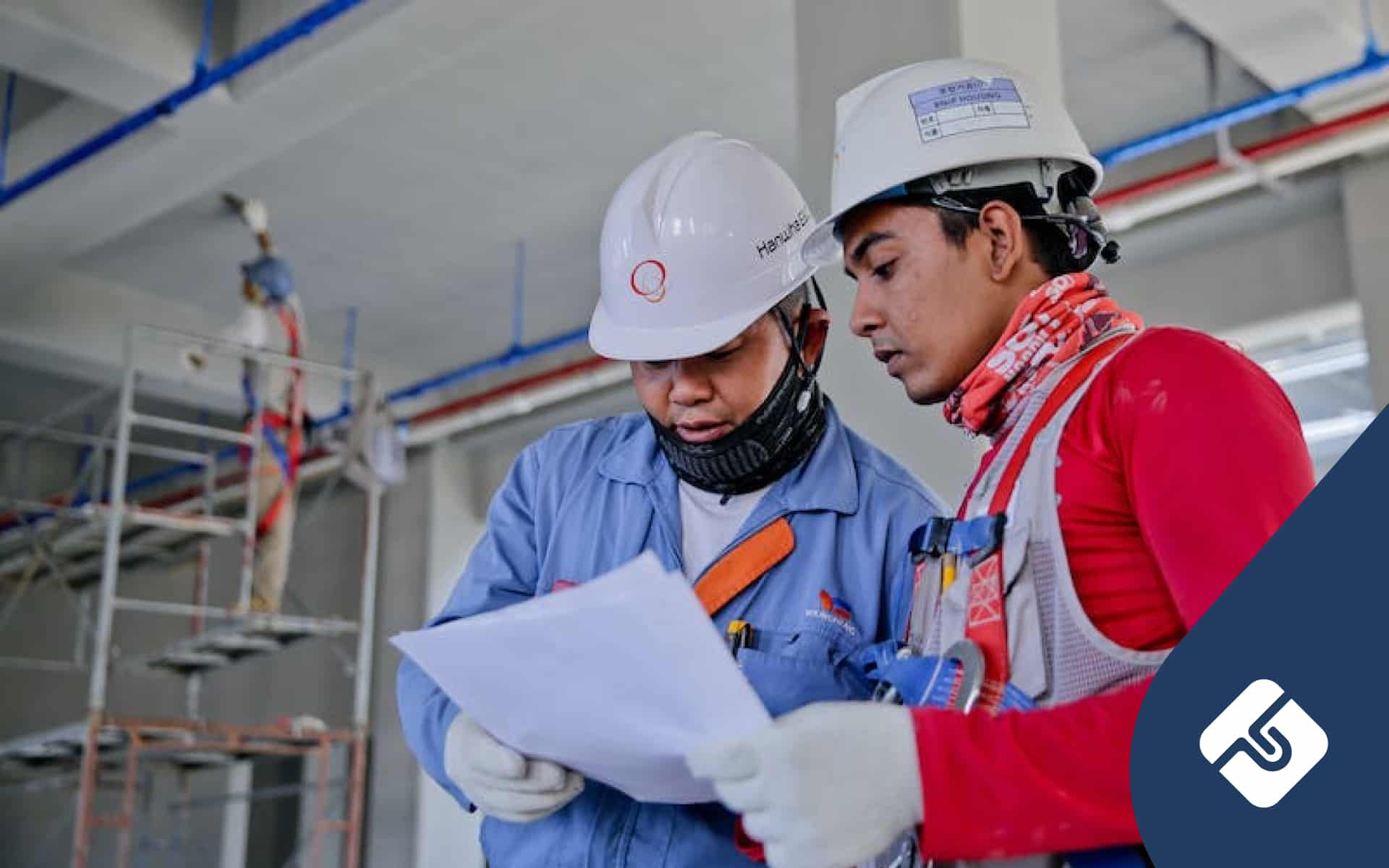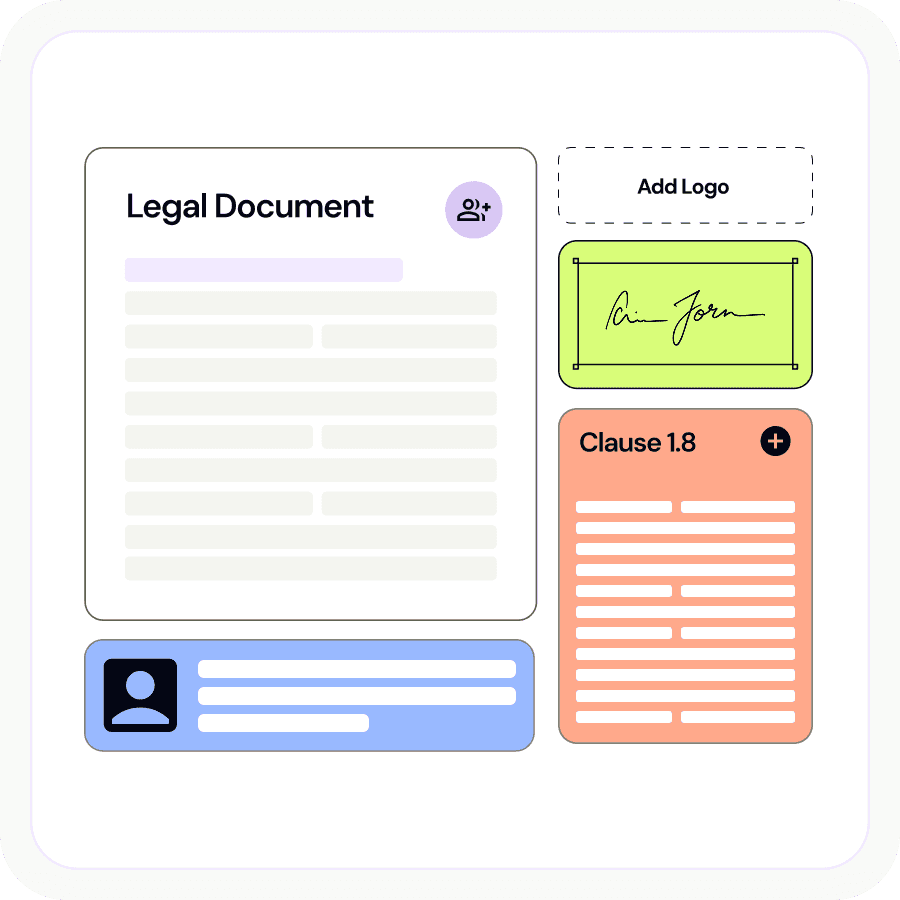You’ve heard of long service leave, but have you heard of portable long service leave? This guide will tell you everything you need to know about this entitlement including what it is, who can claim it and why it exists.
This entitlement plays an integral role in a few major industries so read on to find out more.
Long Service Leave vs Portable Long Service Leave
As their names suggest, both long service and portable long service are types of leave entitlements. Now, they do operate similarly. In fact, they have the same overall purpose — to compensate employees for their loyal service.
However, they have a few differences and they operate distinctly. This means if you’re able to claim one type of service leave, you will be unable to claim the other.
Find out the key differences below.
Long Service Leave
Most of us are aware of the purposes of long service leave. This entitlement rewards loyal long term employees for their dedicated service to one employee.
Long service leave rewards an employee, who has been with the same employer for 10 years, with 2 months of paid leave. It’s one of those entitlements many employees look forward to.
Portable Long Service Leave
Portable leave is quite similar to the regular long service entitlement. Much like normal long service leave in NSW, portable long service leave is the entitlement to receive 2 months worth of paid leave upon 10 years of service. However, there is one major difference.
Portable long service leave is paid to an employee for 10 years of service to their industry. This means portable leave is available for an employees longevity in a specific industry, rather than for their longevity with the same employer. It is a lot more flexible than the regular leave entitlement.
Now, there is an extremely important reason as to why portable leave exists. This reason also explains exactly who can claim this more flexible leave entitlement.
What is the purpose of Portable Long Service Leave?
Now, the general entitlement to long service leave is set out in the National Employment Standards (NES). According to NES, all employees should be eligible to receive the long service leave entitlement. However, in practice, this doesn’t always happen.
For some industries, such as the building and construction industry, as well as the cleaning services industry, it is uncommon for employees to work for the same employer for at least 10 years. We could even go as far as to say it’s almost unheard of.
Consequently, this meant that many construction workers, as well as cleaning services workers, were rarely ever able to claim their long service leave entitlements. This was through no fault of their own, it was simply due to the nature of their respective industries.
How did this entitlement develop?
In short, it took years of lobbying before the NSW Government considered a solid portable leave entitlement. The lobbying was conducted by both the Building Service Contractors Association of Australia (BSCAA) and the Australian Cleaning Contractor’s Alliance (ACCA). However, these associations were successful as the NSW Government introduced the portable long service leave scheme.
Portable long service entitlements allowed these employees to take their accrued long service with them. Therefore, their entitlement is quite literally portable. So long as their new employer is within the same industry, their long service leave entitlements would continue to accrue.
Who is eligible for Portable Long Service Leave?
As stated above, this leave entitlement applies to most workers in the following industries in NSW as per the Long Service Leave Act 1955 (NSW):
- Construction and Building Industry and,
- Cleaning Services Industry.
These are the only two industries in NSW that are eligible to claim portable long service leave.
Now, not every single employee within these industries will receive this entitlement.
Eligible workers within the cleaning services industry
Only contract workers within the cleaning services industry will be eligible to receive portable long service leave entitlements.
So, if you own a contract cleaning business, work for a contract cleaning business or work as a sole trader, either domestically or commercially, you may be eligible for this entitlement.
However, a cleaner that works within a larger non-contractor business, such as a factory, will not be eligible to claim this entitlement.
Eligible workers within the construction and building industry
Unlike workers within the cleaning industry, construction and building workers do not have to be contractor workers to receive the benefit of portable long service leave. Accordingly, any worker who performs eligible building and construction work can claim this entitlement. This can include regular employees, working directors, apprentices and contractors.
So, whatever your position, if you work in the construction and building industry it’s likely you’ll receive the benefit of this entitlement.
For specific information concerning your type of employment, it’s best to speak to an employment lawyer.
Are entitlements different depending on which state I live in?
Portable long service leave entitlements will differ depending on which state you live in.
While in essence they are the same as the NSW legislation each state has different governing acts. They are as follows:
- Victoria: Long Service Leave Act 2018 (VIC)
- ACT: Long Service Act 1976 (ACT)
- Queensland: Industrial Relations Act 2016 (QLD)
- Northern Territory: Long Service Leave Act 1981 (NT)
- South Australia: Long Service Leave Act 1987 (SA)
- Tasmania: Long Service Leave Act 1976 (TAS)
- Western Australia: Long Service Leave Act 1958 (WA)
Does the industry I am in alter portable long service leave?
Different industries have different authorities and the state you reside in also affects what you can claim. Below contains the industry links to the relevant state government websites.
- security and community services industries in Victoria,
- building and construction industry,
- Coal Mining Industry LSL Funding Corporation,
- contract cleaning industry is governed by these state authorities:
- ACT – ACT Leave
- NSW – New South Wales Long Service
- Queensland – QLeave
- Victoria – Portable long service
Key Takeaways
Portable long service leave is an entitlement that is available for most building and construction workers, as well as cleaning service workers.
This entitlement operates extremely similarly to normal long service leave, but that is not to say that there are differences. Employees that are eligible for portable leave must prove they have worked within their respective industry for at least 10 years.
However, an employee that receives regular long service leave must prove they have worked for their employer for 10 years. It may be a small difference but it has allowed many valuable workers to receive the entitlements they deserve.







